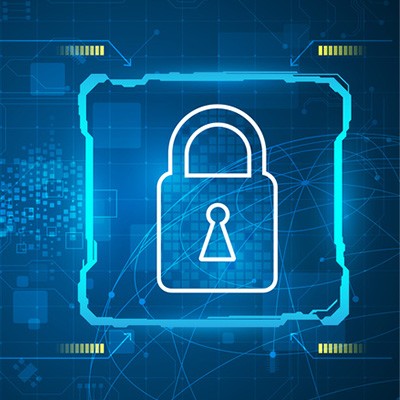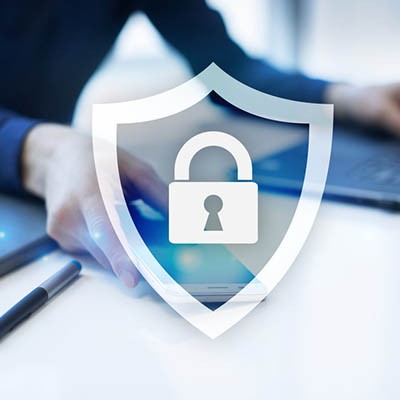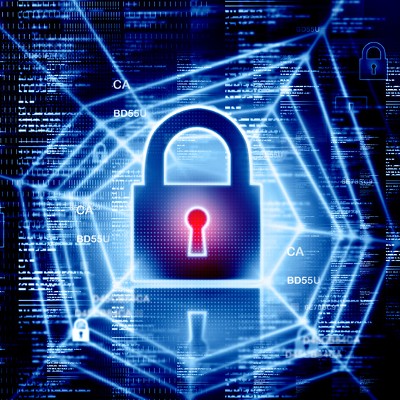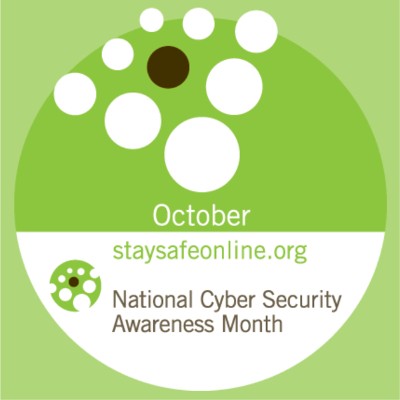Ferrum Technology Services Blog
Did you know that almost 90 percent of small business owners feel they are completely safe from attack? It’s unfortunate, but the truth of the matter is that half of these businesses will eventually be proven wrong--they too can suffer from a cyberattack. Are you going to risk becoming one of them? You should know now that there is no reason to.
If your business hasn’t put protections in place for your technology infrastructure, that needs to be moved to the top of your to-do list, yesterday. It isn’t as though the increasing number of threats are going to avoid you until your network is prepared to deflect them. Therefore, you need to take action now. To help, we’ll review some of the most important security considerations to make for your organization.
The opening ceremonies of the Olympic games are always a spectacle, and the people of Pyeongchang County in the Republic of Korea didn’t disappoint. While the world watched, behind the scenes there was a cyberattack going on. The attack, carried out by Russian hackers, seemingly retaliating for a nationwide ban placed on their athletes at the games, paralyzed LAN and Wi-Fi communications, prevented tickets from being printed from the Olympics website, and took until 8 a.m. the following day to restore.
Network security is one of the most important parts of running a business, but you might be surprised by how easy it is to fall prey to some of the more common threats out there. It’s not enough to implement endpoint security or train your employees. Comprehensive network security is a considerable investment that requires not only the utmost care, but enterprise level solutions, backed up with the knowledge of security professionals.
While you should be sure to keep yourself apprised of threats, it could be argued that it is even more important for your employees to be aware of them. After all, they are the ones utilizing your business’ workstations, software solutions, and even Internet-based apps to facilitate their daily duties. You need to make sure that your employees are able to spot attacks and react to them properly.
Network security is one thing that rarely stays the same for any business--especially with the ever-changing threat landscape on the Internet. No matter how much time you spend preparing for security troubles, you’ll always be caught unawares if you never assume that the worst will happen. You should be taking advantage of both traditional security solutions, as well as new and emerging tools that help you keep advanced threats at bay.
Email is arguably the most popular method of business correspondence in existence. It’s fast, economical, securable, easy to store/archive, and searchable in a way that traditional, physical records can’t compete with. With billions of emails sent every day from all over the globe, there is a considerable amount of sensitive information transmitted within these communications. The criminal element is looking for every opportunity to steal and exploit personal data, as well as take advantage of vulnerabilities to gain access to a company’s data or network.
Your business might have a limited budget, but this shouldn’t hold you back from implementing the best and strongest security solutions. However, security is a complicated process for any business. This is problematic, especially since common threats and vulnerabilities show up frequently in the business environment. We’ll walk you through some security basics so that you can optimize your organization's protection.
There are times that hackers can’t interfere with data, and then there are times that hackers really can’t interfere with data. CERN, the Conseil Européen pour la Recherche Nucléaire (European Council for Nuclear Research) maintains far too powerful of a computer grid to risk it falling into the control of hackers. To protect it, CERN leverages the cutting edge of security to protect its European Laboratory for Particle Physics: artificial intelligence.
Every October, the Department of Homeland Security (DHS), United States Computer Emergency Readiness Team (CERT), and the Federal Bureau of Investigation (FBI) join forces to drive cyber security awareness. Cybercrime is a constant threat to individuals and businesses, alike. In fact, the risk is so significant that the US government decided to step up and offer information and resources stressing the importance of cyber security and raise awareness on the best practices to utilize when protect your nonpublic information.
You might spend a significant amount of time thinking about your business’s security practices, but the same can’t be said for your organization’s employees. Unless you give them a reason to care about security, they likely won’t. The resulting apathy could eventually become serious problems that could hinder operations in the long run, or worse, expose your business to threats that could put your employees and your clients in danger.
One of the best ways to progress in business is by looking at what doesn’t work, and learning from it. Nowhere is this more true than in the realm of cybersecurity. You can find out how best to protect your network by looking at what has happened in the past, as well as what cyber attacks other organizations have suffered from.













